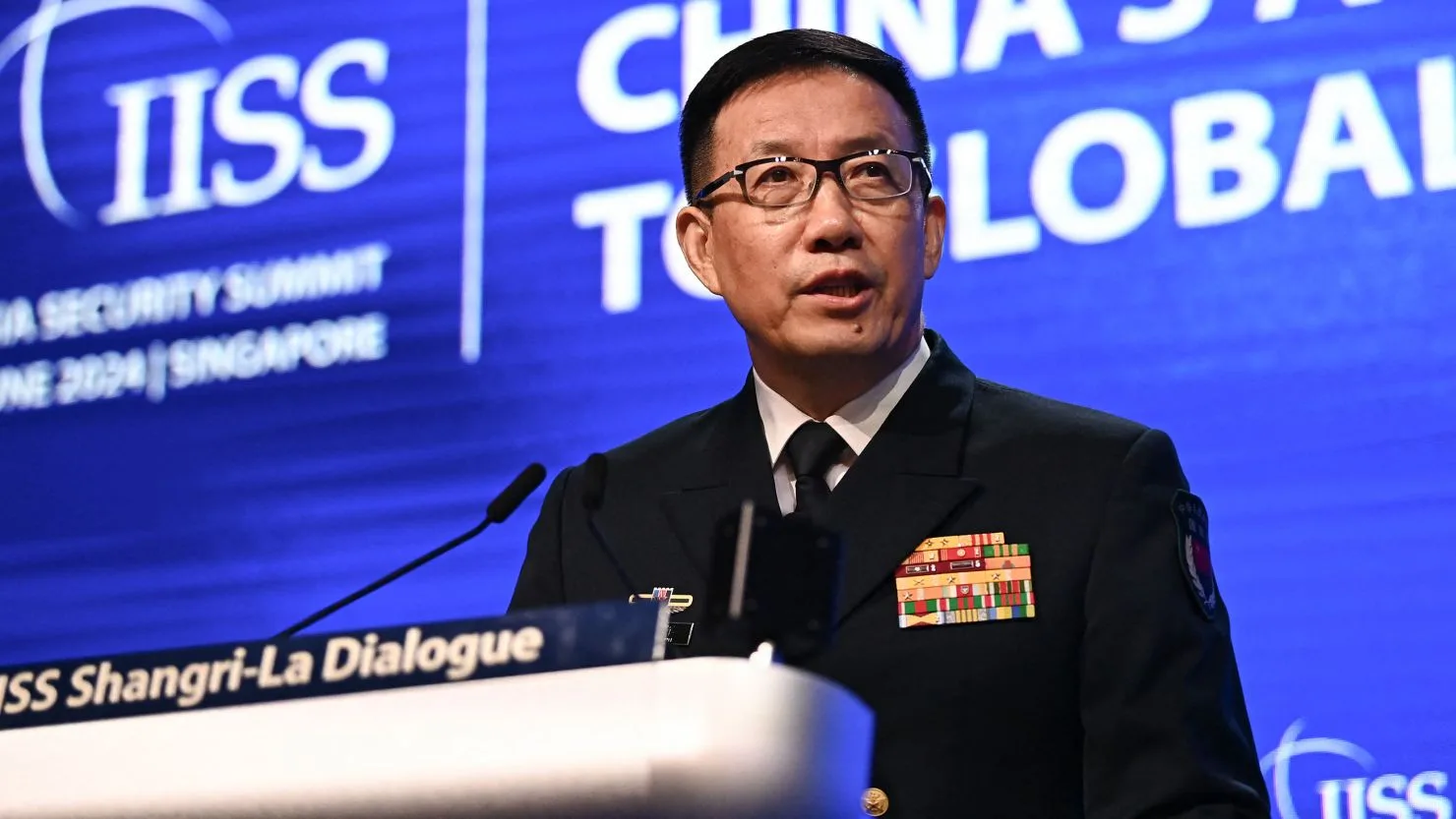“Kimi, the chatbot sensation, has sparked a fervor in the realm of artificial intelligence (AI), igniting fresh waves of investment excitement and fueling heated discussions about the commercial landscape for Large Language Models (LLMs) in China.
Moonshot AI, the Beijing-based startup behind Kimi, made waves last week with a significant breakthrough in chatbot capabilities: Kimi can now handle a staggering 2 million Chinese characters in a single prompt, a leap from the previous 200,000 characters just a few months prior.
In February alone, Moonshot AI witnessed a staggering 105.8 percent month-on-month increase, amassing a whopping 2.97 million visits, as reported by research firm Similarwe.
Market analysts are abuzz with Kimi’s rise, labeling it as a ‘dark horse’ in China’s AI arena, while insiders speculate on the commercial prospects of LLMs within the country.
Yang Zhiling, CEO and co-founder of Moonshot AI, emphasized the significance of processing longer prompts for AI model advancement during an industry event last year.
Currently, Kimi’s intelligent assistant is in beta testing, accessible only to invited users, before its anticipated wider release. Moonshot AI plans to unveil a commercial version of its open-source AI model later this year.
One invited user, Li, praised Kimi’s robust document interpretation capabilities, likening it to OpenAI’s ChatGPT, heralding Kimi as one of the strongest Chinese-made AI LLMs.
The success of Kimi underscores China’s prowess and potential in commercializing LLMs, reflecting the nation’s heightened focus on AI development, according to Wang Peng, an associate research fellow at Beijing Academy of Social Sciences.
With experts and market observers dubbing 2024 as the year of AI applications, the race towards AI commercialization is expected to intensify.
The proactive strides of Chinese generative AI firms in LLM technology research and commercialization signify China’s competitive edge and global potential in the AI landscape.
Since the global spotlight shone on ChatGPT in 2022, Chinese companies have expedited their AI product development processes.
For instance, Moonshot AI, a tech unicorn established less than a year ago, has completed two substantial financing rounds, amassing over $1 billion in funding earlier this year and achieving a valuation of $2.5 billion, cementing its position as a leader in China’s large model sector.
Similarly, MiniMax, another Chinese AI startup, secured significant investments from Alibaba Group Holding and other investors, propelling its valuation to over $2.5 billion.
Recent surges in AI-related stocks on the A-share market, particularly those associated with Kimi, underscore the capital market’s bullish outlook on AI technology commercialization.
Chinese investors and venture capitalists are making significant bets on generative AI, with major internet companies like Baidu, Alibaba, JD.com, and ByteDance all investing in AI-powered LLMs.
By the end of 2023, China boasted over 200 LLMs, with more than 20 approved to offer services to the public.
Moreover, Chinese tech giants are actively training their own LLMs, with a focus on AI commercialization evident in industry trends for 2024.
For instance, Qihoo 360 recently announced beta testing for an AI browser capable of handling up to 5 million Chinese characters in long prompts, showcasing China’s strides in LLM technology.
Experts and industry insiders note a narrowing gap between China and the US in LLM development, indicating China’s vast potential and opportunities in AI.
Driven by application demand since 2014, China’s AI development has surged ahead globally. The robust foundation of the Chinese manufacturing industry is poised to facilitate diverse AI application scenarios, particularly in LLM applications.
China’s AI industry is experiencing rapid growth, with the core AI sector reaching 580 billion yuan ($80.23 billion) in 2023, a year-on-year increase of 18 percent, and boasting over 4,400 core enterprises, ranking second globally.
Research firm IDC predicts that by 2027, China’s overall AI market will approach $40 billion, with both software and service markets witnessing robust growth.”


